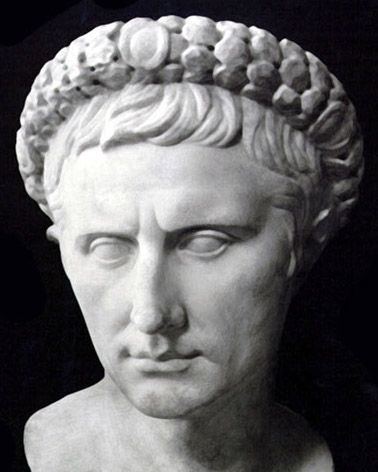- African History: Biographies
- Albanian History: Biographies
- Ancient History, Africa: Biographies
- Ancient History, Egypt: Biographies
- Ancient History, Greece: Biographies
- Ancient History, Late Roman and Byzantine: Biographies
- Ancient History, Middle East: Biographies
- Ancient History, Northern Europe: Biographies
- Ancient History, Rome: Biographies
- Argentinian History: Biographies
- Australian, New Zealand, and Pacific Islands History: Biographies
- Austria and Hungary, History: Biographies
- Benelux History: Biographies
- Bolivian History: Biographies
- Brazilian History: Biographies
- British and Irish History: Biographies
- Bulgarian History: Biographies
- Canadian History: Biographies
- Central Asian History: Biographies
- Chilean History: Biographies
- Chinese and Taiwanese History: Biographies
- Colombian History: Biographies
- Costa Rican History: Biographies
- Cuban History: Biographies
- Czech and Slovak History: Biographies
- Dominican History: Biographies
- Ecuador History: Biographies
- Egyptian History: Biographies
- Explorers, Travelers, and Conquerors: Biographies
- French History: Biographies
- German History: Biographies
- Guatemalan History: Biographies
- Guyana History: Biographies
- Haiti History: Biographies
- Historians, Ancient: Biographies
- Historians, British: Biographies
- Historians, Canadian: Biographies
- Historians, European: Biographies
- Historians, Miscellaneous: Biographies
- Historians, U.S.: Biographies
- Honduran History: Biographies
- Iranian History: Biographies
- Israeli History: Biographies
- Italian History: Biographies
- Japanese History: Biographies
- Korean History: Biographies
- Latin American History: Biographies
- Mesoamerican indigenous peoples: Biographies
- Mexican History: Biographies
- Middle Eastern History: Biographies
- Modern Greek History: Biographies
- Nicaragua History: Biographies
- North African History: Biographies
- North American indigenous peoples: Biographies
- Panama History: Biographies
- Paraguay History: Biographies
- Peru History: Biographies
- Philippines History: Biographies
- Polish History: Biographies
- Puerto Rican History: Biographies
- Romanian History: Biographies
- Russian, Soviet, and CIS History: Biographies
- Salvadoran History: Biographies
- Scandinavian History: Biographies
- South American Indigenous Peoples: Biographies
- South Asian History: Biographies
- Southeast Asia History: Biographies
- Southern African History: Biographies
- Spanish and Portuguese History: Biographies
- Swiss History: Biographies
- Turkish and Ottoman History: Biographies
- U.S. History: Biographies
- Uruguay History: Biographies
- Venezuelan History: Biographies
- Yugoslavian History: Biographies


